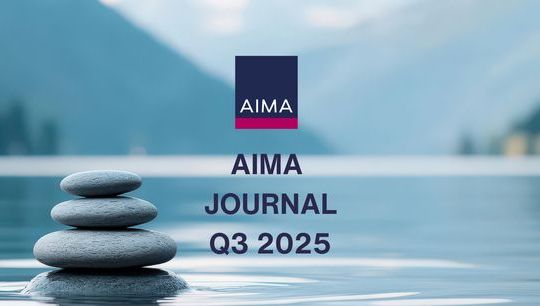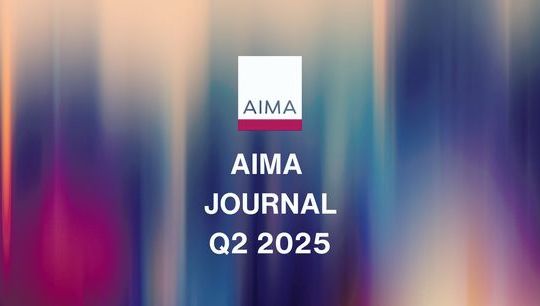New Swiss rules at the 'point of sale' for the offering and marketing of funds in Switzerland
By Martin Liebi, PwC Switzerland
Published: 30 November 2020
The new rules in a nutshell
The new Swiss Financial Services Act (FINSA) and Swiss Financial Institutions Act (FINIA) have materially changed since 1 January 2020 the Swiss regulatory requirements for the offering of funds in Switzerland. FINSA imposes on the one hand new obligations for the distribution process and the distributor of funds, and persons involved in the distribution of funds. A transition period until 31 December 2021 applies to most of these new obligations, the obligation to affiliate with an ombudsman and to register with a client advisor register enter into force however earlier.
New categories of clients
FINMA approval of fund documentation is still required and a fund representative and paying agent must be appointed if funds are distributed to non-qualified investors. Qualified investors are either professional investors, private investors that have opted-out, or private investors having concluded an unlimited asset management or investment advisory agreement with a regulated entity. No FINMA approval of funds and neither a representative nor a paying agent is required in case of an offering of funds to “per se” professional investors. A fund representative and paying agent is however still required if funds are distributed to private investors that have opted-out to become professional investors. The opt-out right is granted if the investor has a net wealth of at least CHF 2 mio. in eligible assets or of CHF 500’000 in eligible assets and sufficient knowledge about financial services and financial instruments.
Fund distribution is a financial service under the new regime
Fund distribution qualifies as offering of financial instruments and is now at the point of sale generally subject to the same rules and regulations as the offering of any other financial instruments. The distribution of funds at the “point of sale” to clients in Switzerland will trigger the following new obligations:
- Client advisor registry: Client advisors of financial service providers, meaning any natural person that distributes funds to clients in Switzerland must be entered into the newly established Swiss client advisor registry no later than until 19 January 2021. An entry is required in case of prudentially supervised fund distributors – meaning that they are comprehensively supervised at their place of incorporation - if they are distributing funds to private clients in Switzerland. Non-prudentially supervised client advisors must be entered into the client advisor registry independently of the classification of their clients in Switzerland (institutional, professional, and private). Sufficient knowledge of fund distribution and knowledge of the behavioural rules with regards to fund distribution under FINSA must be shown (see https://www.webassessor.com/finsaclientadvisortest for further information), a professional liability insurance with the minimal legally required coverage must be concluded (see https://www.g-e-a.ch/finsa), and the client advisor to be entered cannot have a criminal record with regards to criminal acts against property or be prohibited from engaging in a financial services activity.
- Financial services ombudsmen: Fund distributors must affiliate with an ombudsman for financial services no later than until 23 December 2020. This obligation applies independently of whether there is a legal obligation that client advisors must be entered into the client advisor registry. There are multiple financial services ombudsman recognized to deliver ombudsman services (see https://www.efd.admin.ch/efd/de/home/das-efd/ombudstelle-nach-fidleg.html for more information).
- Duty to segment clients: The clients of the fund distributor must be segmented into institutional, professional, and private clients. There are different obligations attached to each client category.
- Duty to inform: Financial service provider must inform prior to the distribution of funds or when they enter into a contract with a client about the risks, costs, financial services provided, and financial instruments offered in the context of the financial service provided.
- Duty to document: The fund distributor must document all the actions taken, information provided, and documents provided related to FINSA in a corresponding client file. The client has the right to request a copy of this file at any time.
- Duty to render account: Financial service providers must render account upon request of each client about the financial services that have been provided.
- Retrocessions: Payments that have been made in the context of the provision of fund distribution services by third parties belong generally to the client. The client can however waive these payments if the client has been sufficiently informed about the size of these payments.
- Organizational obligations: Financial service providers distributing funds must be adequately organized and employees must be adequately monitored and trained.
- Best execution: Although in case of fund distribution activities of subdued importance, FINSA prescribes also that a best execution policy must be created.
- Conflicts of interests: Conflicts of interests must also be adequately addressed in a policy that can at any time be requested.
New Key Investor Document (KID) requirements
Creator of funds that offer funds in Switzerland that address private investors must like under the old regime appoint a representative, a paying agent, and must also have the fund documents approved by FINMA. A key investor document (KID) must also be created in case of distribution to private investors.
New rules about advertisement
Advertisement is preceding the offering of funds and must be designated as such in the marketing documentation. The difference between advertisement and an offering of funds is that advertisement is sufficiently generic in nature and not an offer, meaning no invitation to acquire a financial instrument that contains sufficient information on the terms of the offer and the financial instrument itself.







